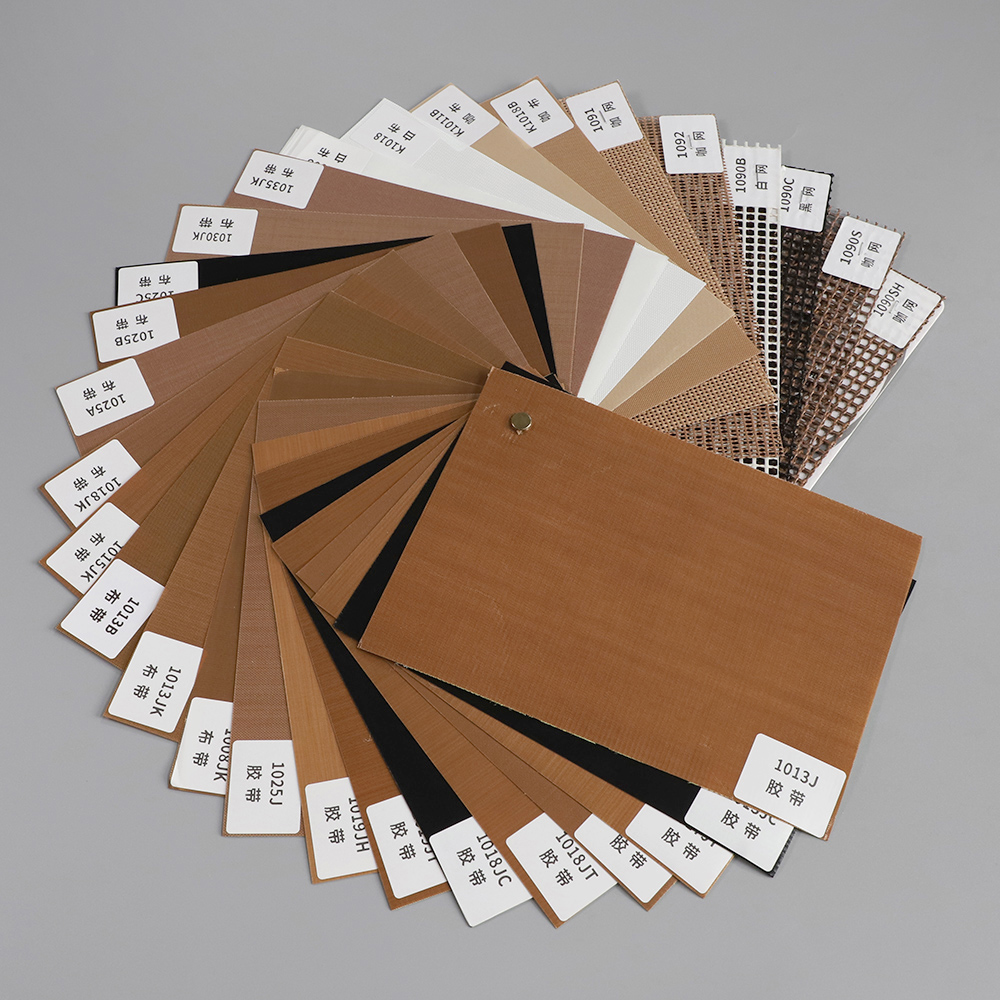
Silicone coated fiberglass fabric has emerged as a crucial material in the construction of heat preservation jackets, offering unparalleled benefits in terms of insulation, durability, and safety. This article delves into the key applications, advantages, and industry trends associated with this innovative material.
Understanding silicone coated fiberglass fabric
Silicone coated fiberglass fabric is a specialized material that combines the high-temperature resistance of fiberglass with the flexibility and durability of silicone. This unique combination makes it an ideal choice for heat preservation jackets, which are designed to maintain optimal temperatures in various industrial and commercial applications.
The fiberglass base provides excellent thermal stability and resistance to abrasion, while the silicone coating enhances its flexibility, water repellency, and resistance to chemicals and oils. This makes the fabric highly suitable for use in harsh environments where traditional materials may fail.
Key applications in heat preservation jackets
Heat preservation jackets are widely used in industries such as oil and gas, manufacturing, and food processing, where maintaining specific temperatures is critical for operational efficiency and safety. Silicone coated fiberglass fabric is particularly effective in these applications due to its ability to withstand extreme temperatures and provide reliable insulation.
For instance, in the oil and gas industry, heat preservation jackets made from this material can protect sensitive equipment from extreme temperatures, ensuring optimal performance and longevity. Similarly, in the food processing sector, these jackets help maintain the required temperature for cooking and storing food products, thereby ensuring quality and safety.
Advantages of silicone coated fiberglass fabric
One of the most significant advantages of using silicone coated fiberglass fabric in heat preservation jackets is its high-temperature resistance. This material can withstand temperatures up to 550°F (approximately 288°C), making it suitable for a wide range of industrial applications.
Additionally, the silicone coating provides enhanced durability and flexibility, allowing the fabric to withstand repeated use and harsh environmental conditions without compromising its insulating properties. This durability translates into cost savings for businesses, as the jackets require less frequent replacement and maintenance.
Moreover, the water-resistant and oil-resistant properties of silicone coated fiberglass fabric make it ideal for use in environments where exposure to liquids and oils is common. This feature not only protects the underlying equipment but also ensures the safety of workers by reducing the risk of slips and falls.
Industry trends and innovations
The demand for silicone coated fiberglass fabric in heat preservation jackets is on the rise, driven by the growing need for efficient temperature management in various industries. As businesses seek to improve their operational efficiency and reduce energy consumption, the use of high-quality insulation materials like silicone coated fiberglass fabric has become increasingly popular.
In addition, advancements in manufacturing technologies have led to the development of new silicone formulations and coating techniques that enhance the performance of fiberglass fabrics. These innovations are paving the way for even more efficient and durable heat preservation solutions.
Furthermore, the increasing emphasis on sustainability and environmental responsibility is encouraging companies to adopt eco-friendly materials like silicone coated fiberglass fabric. This material is not only recyclable but also free from harmful chemicals, making it a safe and sustainable choice for heat preservation jackets.
Conclusion
Silicone coated fiberglass fabric is revolutionizing the construction of heat preservation jackets, offering unmatched benefits in terms of insulation, durability, and safety. Its high-temperature resistance, flexibility, and resistance to water and oils make it an ideal choice for various industrial applications, from oil and gas to food processing.
As industries continue to prioritize efficiency, sustainability, and safety, the demand for high-quality materials like silicone coated fiberglass fabric is expected to grow. By investing in this innovative material, businesses can ensure optimal performance, reduce energy consumption, and contribute to a safer and more sustainable future.















